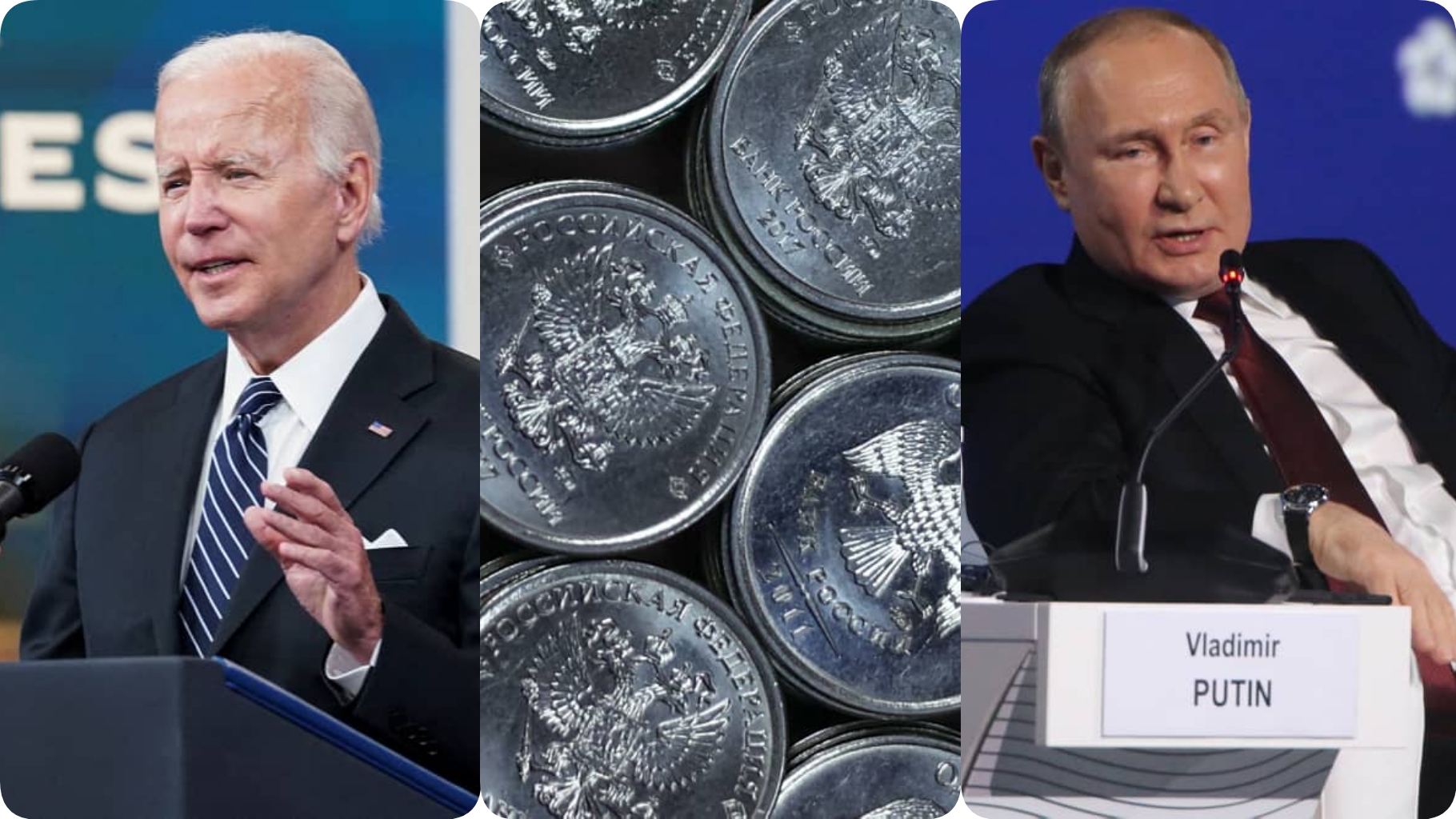News
Russia’s Ruble the strongest currency in the world despite sanctions

The Russian ruble continues to rise against the dollar, making it the best-performing currency in the world this year.
Three months after the ruble’s value fell to less than a U.S. penny amid the toughest economic sanctions imposed on a country in modern history, Russia’s currency has mounted a stunning turnaround. The ruble has jumped 40% against the dollar since January.
“It’s an unusual situation,” said Jeffrey Frankel, professor of capital formation and growth at the Harvard Kennedy School.
Normally, a country facing international sanctions and a major military conflict would see investors fleeing and a steady outflow of capital, causing its currency to drop. But Russia’s unusually aggressive measures to keep money from leaving the country, in combination with a dramatic rise in fossil-fuel prices, are working to create demand for rubles and pushing up its value.
The ruble’s resiliency means that Russia is partly insulated from the punishing economic penalties imposed by Western nations after its invasion of Ukraine, although how long that protection will last is uncertain.
The main reason for the ruble’s recovery is soaring commodity prices. After Russia invaded Ukraine on February 24, already high oil and natural gas prices rose even further.
“Commodity prices are currently sky-high, and even though there is a drop in the volume of Russian exports due to embargoes and sanctioning, the increase in commodity prices more than compensates for these drops,” Tatiana Orlova, lead emerging markets economist at Oxford Economics, told CBS MoneyWatch recently.
Russia is pulling in nearly $20 billion a month from energy exports. Since the end of March, many foreign buyers have complied with a demand to pay for energy in rubles, pushing up the currency’s value.
A strong currency doesn’t mean Russia is immune to economic pain, however. Although the ruble’s bounceback and the strength of Russia’s oil exports have temporarily cushioned its economy from sanctions, the effect is likely to be short-term, experts say.
Another concern for Russia is that the cutoff of imports could lead to industrial shortages, while a drop in foreign investment is expected to drag down the country’s economic growth for years, the Institute of International Finance predicted. The IIF expects Russia’s economy to shrink 15% this year, wiping out more than a decade of economic development.
“Export controls, the ‘brain drain’ of talent out of the country; a European shift away from Russian energy dependence and an exceptionally unfriendly business climate will all weigh on Russia’s growth in the years to come,” Ribakova said.

